Case Studies
Read some of the stories of C-DICE participants and what it’s like to benefit from being part of a C-DICE activity or winning C-DICE funding.
These case studies are from the C-DICE brochure which can be downloaded here.
Secondment Case Study – Dr Sanchari Deb
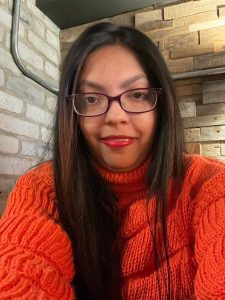
Dr Sanchari Deb is a Research Fellow at the University of Warwick, working on planning and operation of local energy system with electric vehicles as a medium of storage.
She was part of a C-DICE secondment with the transport and mobility group at the University of Nottingham – led by Professor Lucelia Rodrigues. This collaboration was able to combine the expertise of transport engineers within the research group and Sanchari’s focus on charging infrastructure for electric vehicles. The secondment has resulted in a journal paper that will be submitted.
Initially drawn by the flexibility the secondment offered, with a hybrid working model that enabled her to undertake the secondment in addition to a full-time position. She was also pleasantly surprised to find that a C-DICE application did not require an excessively long proposal. In fact, she was able to start her secondment within a month of applying!
Understanding the need for collaboration, not just to grow her network but also to pursue an academic career in the future – Sanchari credits her involvement with a C-DICE sandpit and the secondment with helping build her network in the UK – a challenge during the pandemic. She found that the C-DICE funding was essential for undertaking additional development opportunities beyond her contract of employment.
Sanchari would highly recommend that all postdocs consider a secondment for career and network development – to get out of their comfort zone and explore new areas. She says that for those considering a career in academia, developing connections is very important for future collaborations.
A net zero future needs a joint effort from power system engineers, transport engineers and also social scientists – Sanchari believes that a systematic approach needs to be developed to address the net zero target that can be achieved through collaboration.
Training Case Study – Dr Tosin Adedipe
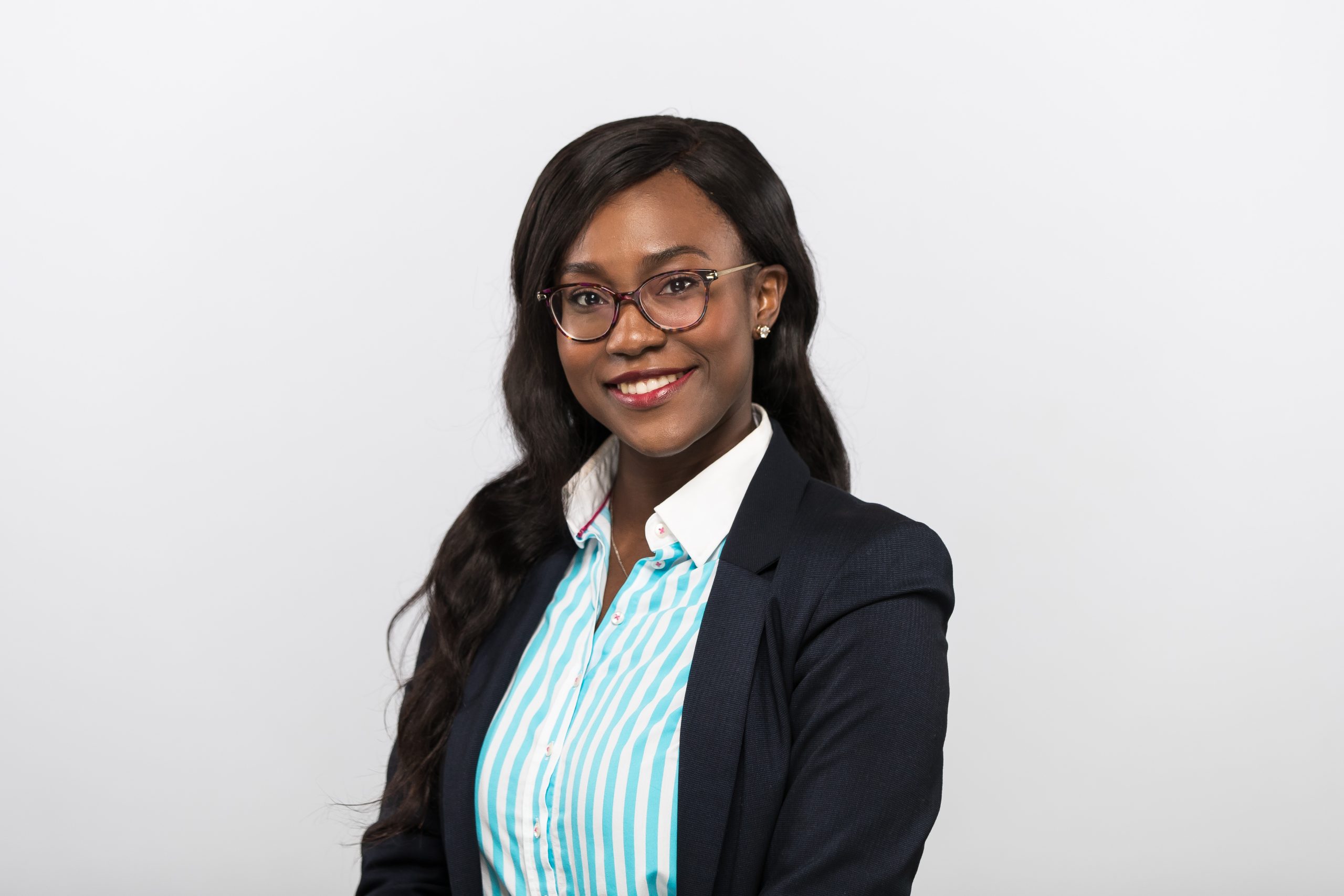
Dr Tosin Adedipe is the Project Manager for the HyPER project at Cranfield University and a regular attendee and contributor to C-DICE activities. Tosin has many professional interests and accolades, including being listed as one of the Women’s Engineering Society’s top 50 women in engineering in 2022, and has research interests that centre around hydrogen as a solution to the climate emergency. HyPER (bulk hydrogen production using sorbent enhanced steam reforming and CO2 separation) involves the design, procurement, construction and operation of a demonstration plant.
Tosin has benefitted from both receiving and delivering C-DICE training through the ‘Connecting with Industry’ programme, and also delivering the ‘Career Pathways for Postdocs’ online workshop. Tosin led a session describing her career journey, answering questions from participants and signposting top tips for postdocs exploring project management as a career option.
Tosin describes her interaction with C-DICE as “a real motivator. I wasn’t sure what to expect from ‘Connecting with Industry’, but it was great learning the language of industry, which helped to crystallise my thoughts and actions”. Engagement with C-DICE has widened networks with fellow postdocs and with expert training leads. “C-DICE is the connector” and would encourage other postdocs, late-stage PhDs and early career researchers to get involved and “accelerate your career development”.
Dr Kieran Bjergstrom – Dragon’s Den
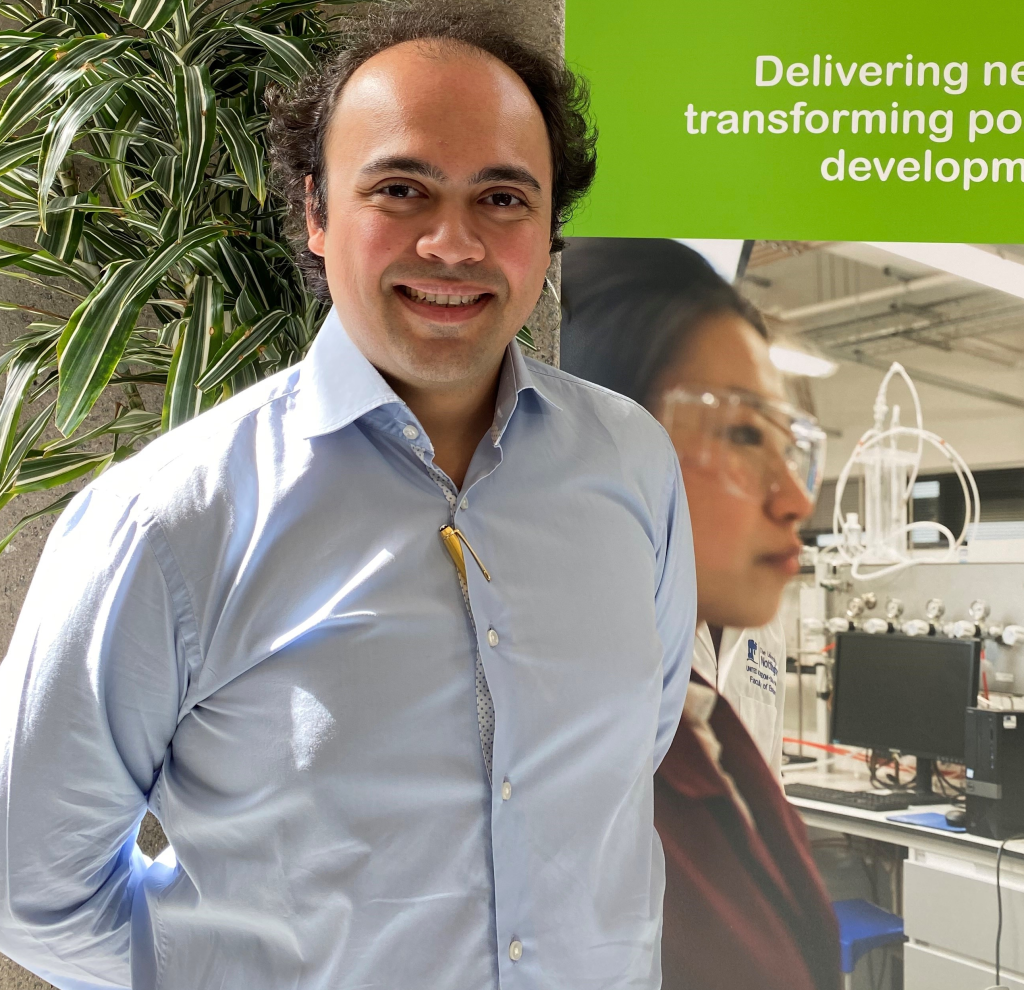
Dr Kieran Bjergstrom is the winner of the C-DICE inaugural Dragons’ Den competition. Kieran’s expertise is in the science and strategy of translating cutting-edge innovations to the blue economy, net zero, and wider policy space, with deep focus on Quantum Technologies and sophisticated AI-driven systems. Kieran applied for the C-DICE Dragons’ Den as it was an excellent and timely opportunity to test his business ideas, and their direction of travel, with business experts (the dragons). It was also an opportunity to develop visibility and credibility for his business – a positive – positive! In addition to a cash prize, by winning the Dragons’ Den Kieran has received expert mentorship from one of the dragons who has provided support and shared insights and knowledge that would otherwise have to come from experience over time.
The process of participating in the Dragons’ Den also has refined his skills of communicating his business more successfully – providing an accelerated learning experience. If you’re thinking of applying for the next C-DICE Dragons’ Den, Kieran’s advice is to use it as a real opportunity to organise your business ideas in a coherent manner, and to test these ideas, and your presentational skills, on the experts to develop and refine your business idea. Kieran’s business is growing and is hopefully looking to expand and recruit within the next year.
Kieran can be contacted directly be email at Kieran@QuantumTechnologies.co.uk.
Training Case Study – Dr Amruta Joshi
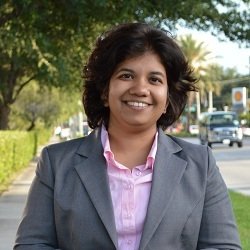
Dr Amruta Joshi is a Senior Research Fellow at University of Warwick and working on techno-economic-environmental analysis of low carbon energy technologies through energy systems modelling integrated with life cycle assessment. Amruta delivered an expert workshop for C-DICE as part of a C-DICE programme to help equip postdocs with skills to design and deliver training as well as provide a platform for delivery. Amruta aspires for a research and teaching career pathway and while she is getting good exposure in research and industrial collaborations, she aimed to expand her experience of designing and delivering teaching and training, especially in the UK.
C-DICE supported Amruta with putting together a workshop specifically for postdocs on Energy Systems Modelling. This started with identifying the purpose of the workshop and identifying learning outcomes and creating a session that was interactive and fitted into the online format.
Amruta recommends other postdocs would benefit from creating and delivering a workshop with C-DICE, particularly if their current roles are focussed on research. Even if you are not thinking about teaching in the future, Amruta advises that teaching even improves understanding of your own research because “when we teach, we learn more”. Also, she feels this key transferable skill will build confidence for approaching grant proposal writing and interviews.
Fellowship Case Study – Dr Matthew Deakin
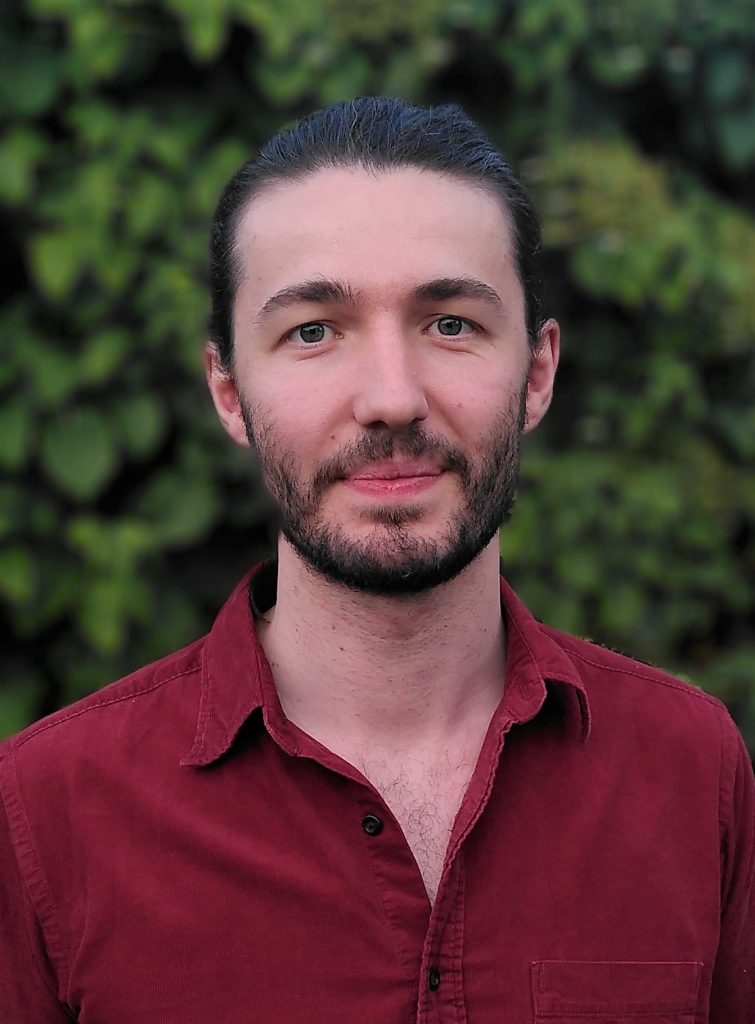
Dr Matthew Deakin is a researcher at Newcastle University. The focus of Matthew’s fellowship is to explore whether a new technology called Hybrid Open Point, a device a bit like a supersized mobile phone charger, can unlock energy networks to accommodate increased use of electric vehicles, heat pumps, etc. for low carbon electricity – particularly across urban networks. Matthew applied for the C-DICE fellowship because at the time, he was looking for ways to develop his own ideas and grow his research independence. The themes of the C-DICE fellowship call were “super relevant” to his work in infrastructure and energy applications in the urban environment. It felt like the right time to be pursuing development opportunities, leading projects, winning funding, towards an academic career.
Matthew sees optimising energy networks as key to a net zero, low carbon future.
Matthew recommends that anyone thinking of applying for fellowship should “go for it”! But specifically, to be bold in your project and make it as exciting as possible for a wide range of people. He notes that it’s critical that you can explain your research to a diverse set of people who won’t be experts in the field and highlight the novelty of your research that no one else is working on. Even if you’re not successful the first time, the experience of applying shapes your views and hones your skills for the next time.
Sandpit Case Study
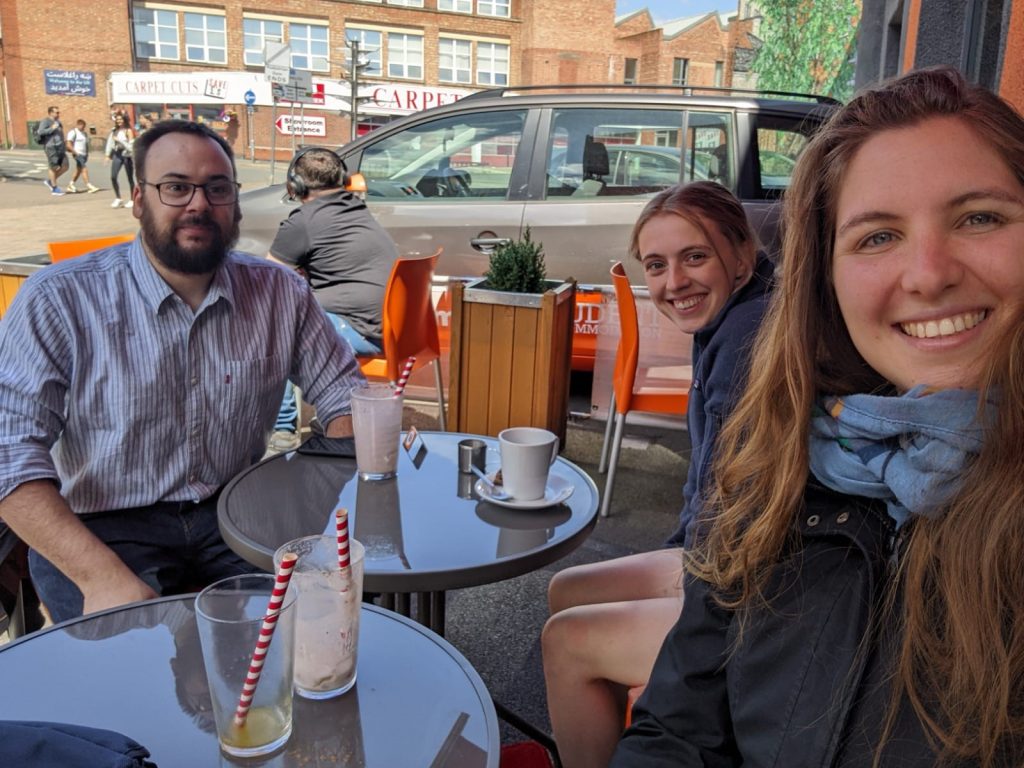
The first of the C-DICE sandpits explored the topic – Maximising progress towards Net-Zero in cities and infrastructure industries while promoting convergence to a circular economy which took place in late 2021. The winning teams’ proposal set out to investigate the impacts of retrofit at scales: analysing the decisions behind retrofit as the team had strengths in this area. Dr Marianna Coulentianos identified that they had found a gap in the modelling, and this formed the direction of their work, and as the project is a scoping exercise, it will support a larger grant proposal in the future.
The team agreed that they were attracted to apply for a C-DICE sandpit as it was a unique opportunity create networks and pursue their own research independence. They also saw an interesting opportunity to collaborate and work outside of their existing projects. Dr Daniel Green found the interdisciplinary aspect of the sandpit particularly attractive, along with the actual practical training to approach writing viable grant proposals. Principle Investigator, Dr Will Ward said that the sandpit has enabled a valuable insight into the practical aspects of grant management, such as finances, contracts, etc. Interestingly, both sandpit teams identified that the interdisciplinarity of the sandpit gave a valuable insight into how common terms may have different meanings in different sectors.
The C-DICE award has enabled the team to hire a research assistant, Danielle Abbey, which is one of the ways to use the grant funding. Dr Marianna Coulentianos said that it had been an interesting experience to be able sit back and focus on the ideas of the project and let someone manage the implementation. Dr Daniel Green said that many of the skills learned on the sandpit were applicable for fellowship, grant and job applications and recommended the sandpit for all aspects of postdoc career development.
Placement Case Study – Dr Laiz Souto
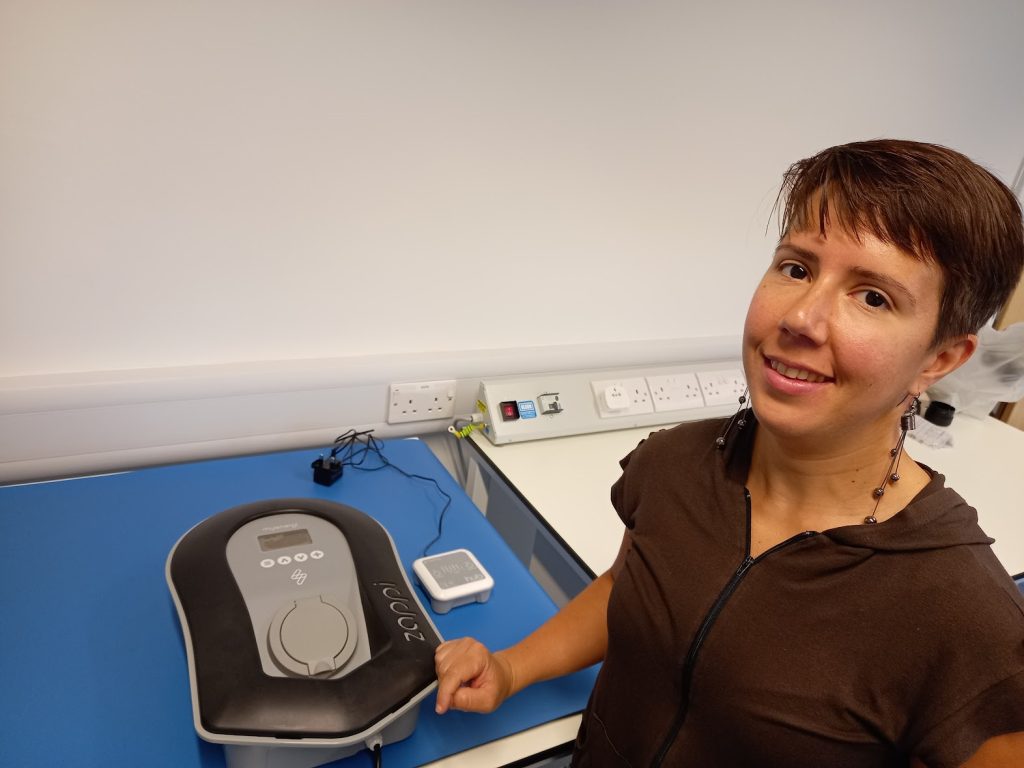
One way to grow your network and enhance opportunities is to undertake a placement in industry or another university. Dr Laiz Souto did exactly this on a C-DICE industrial placement with Sygensys on their Electricity Grid Stability Project in Spring 2022. During the project, the causes of wide-area voltage sags and swells on the GB electricity grid were identified over a range of scenarios characterized by different energy technologies deployed in a representative large-scale power distribution network model.
Laiz said that the placement “provided an interesting opportunity to collaborate with industry stakeholders and on a project that was attractively aligned with my own research interests in improving resilience to extreme weather in low-carbon energy systems”. Laiz identified that the arrangements were very convenient, and it was great to have a flexible schedule and work remotely.
Andrew Larkins, Sygensys CEO, said “The benefits of the C-DICE placement has come from expanding the range of skills and experience that we could access for this key project. Laiz was quickly able to get up to speed and rapidly access all the relevant tools and datasets. This allowed her to answer key questions by simulation, achieving good correlation with a sample observational dataset. We plan to further develop this research and it may also for the basis of an academic paper, generating publicity for the business”.
Sandpit Case Study
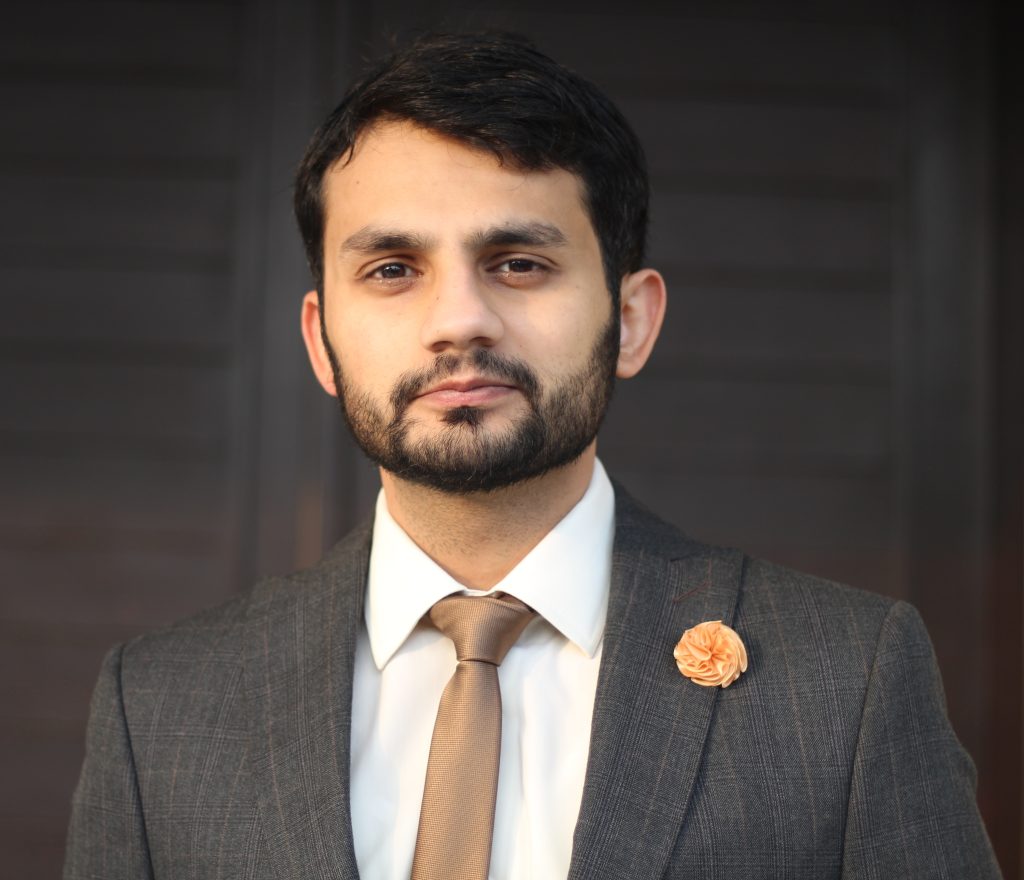
The second of the C-DICE sandpits explored the topic – Unlocking user power and behaviour to promote and enable systematic transformation towards a Net-Zero future, which took place in late 2021. The winning team submitted a proposal entitled “UnlockinG the poweR of housEholds for flExible eNerGy demAnd manaGemEnt” or GREENGAGE. GREENGAGE explores the extent the nascent Local Carbon Emissions signal motivates users to offer flexibility services necessary for Net Zero energy systems. A choice experiment explores users’ willingness to change their behaviour to follow this signal, and consider impacts on bills, networks, and total carbon emissions.
The project will complete in 2023 but so far, the team have made considerable progress and a paper is planned from the results of the choice experiment in the first work package. Principle Investigator, Dr Matthew Deakin, said that it was “super-interesting” leading a project and a valuable and useful experience. For example, the administrative tasks enabled him to experience first-hand the internal processes for dealing with setting up a project and organising project finances, it also gave him an opportunity to try out different management techniques he had observed as a postdoc, which included starting the project with weekly meetings.
When asked what the best part was of engaging in a sandpit, Dr Muhammad Saad Rafaq said that it was the opportunity to collaborate, taking part in interdisciplinary research, meeting colleagues in different areas, and getting a deeper understanding of technical terms across disciplines; economics and engineering in this case. They identified that the sandpit provided knowledge and experience to support the creation of a project which would be needed in their future careers. They encourage anyone thinking about taking part in a sandpit to “go for it!”
Fellowship Case Study – Dr Tom Dolan
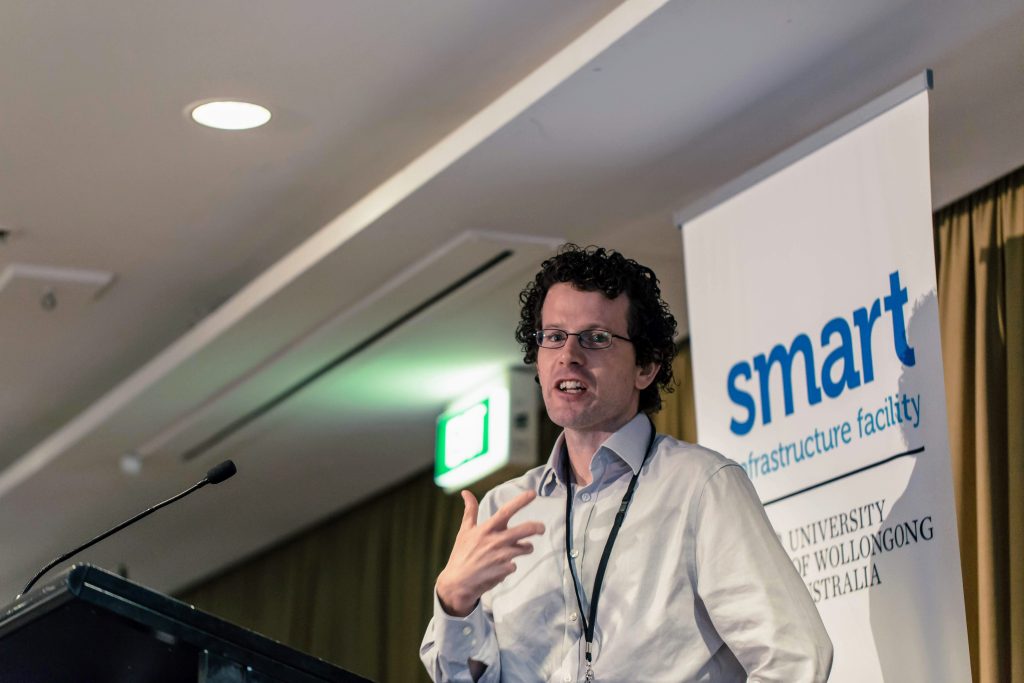
Dr Tom Dolan is a researcher at University College London and one of our C-DICE Fellows. Tom’s project is an ambitious one – taking a whole systems view of all the factors contributing to the climate emergency and thinking of the most effective and resilient response to the impacts of global warming as well as systemic approaches to the management and mitigation of it. Tom plans for his fellowship research to have an impact at COP28, to ultimately influence mindsets and change approaches to governance as a means of responding to the climate emergency.
Tom applied for the C-DICE fellowship because of the strong connection of his work to the C-DICE theme of infrastructure as well as the link to UKCRIC where Tom was already engaged, plus his own interest in addressing the climate emergency. The opportunity to define the scope of his research and focus purely on his interests was attractive, rather than responding to the requirements of an existing grant. This has given Tom the freedom to take his research in new directions.
Tom recommends a fellowship for those keen to pursue research ambitions and undertake independent work and develop your career. He also recommends that anyone thinking of applying for a fellowship should clearly identify the research you really want to do, and to think about the wider impact of Equity, Diversity, and Inclusion in your research and in your proposal. For Tom, it is also a personal goal to have an impact in addressing the rise in global temperatures – what he sees as the earth’s biggest challenge.